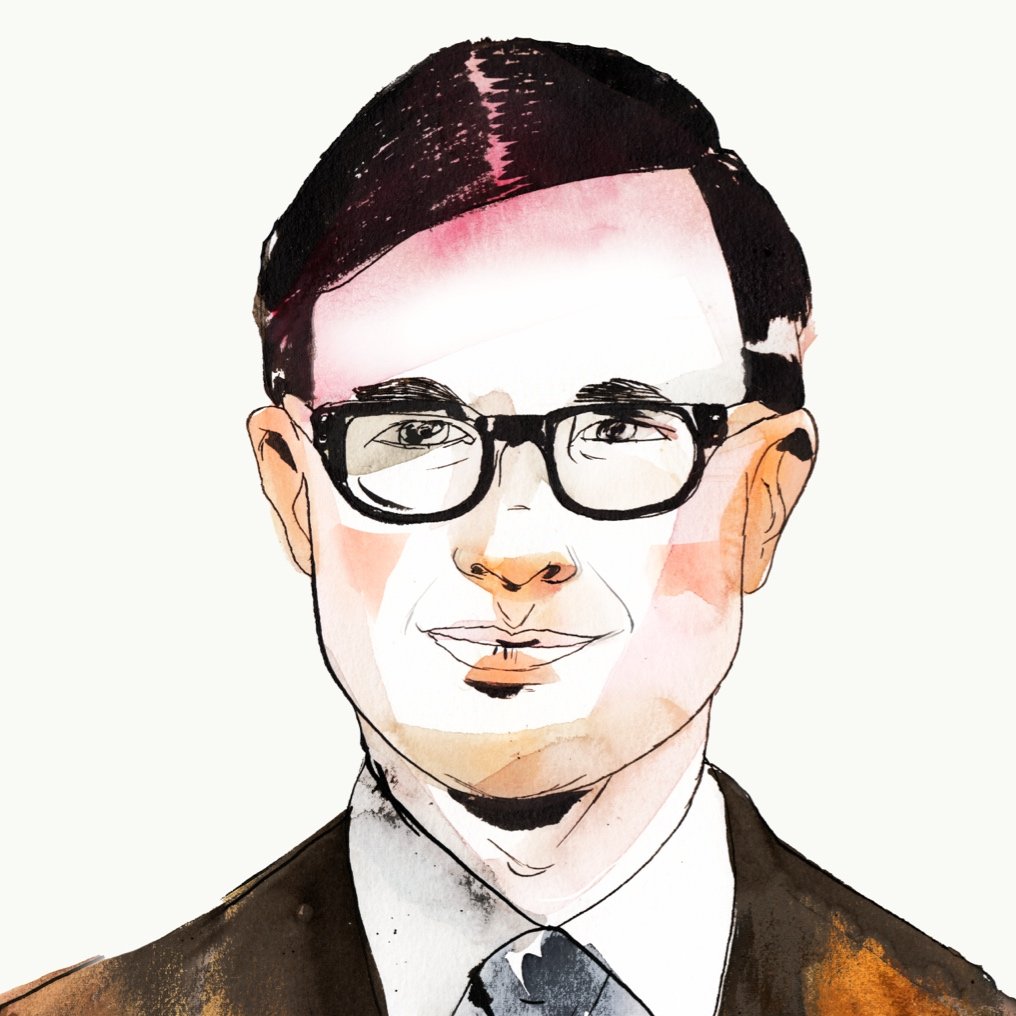In 2018, Archbishop Marcelo Sanchez Sorondo, chancellor of the Pontifical Academy of Social Sciences, said in an interview: “Right now, those who are best implementing the social doctrine of the Church are the Chinese.”
He contrasted China with the more liberal America. “Liberal thought has dismissed the concept of the common good,” he said. “It does not even want to take it into account, it states that it is an empty idea, without any benefits. On the contrary, the Chinese, no, they propose work and the common good.”
Sanchez Sorondo may want to reconsider these statements. Last week, the New York Times revealed new details about the Chinese state’s mass internment of Uighur Muslims in the western province of Xinjiang. Over the last three years, an estimated one million people have been detained in prison camps, where they are subjected to “reeducation” and urged to abjure Islam. Documents leaked to the Times showed that this campaign of repression was organized after President Xi Jinping urged party leaders to show “absolutely no mercy” and to employ the “organs of dictatorship.”
The system by which detainees are selected combines big data with big brother. As the International Consortium of Investigative Journalists put it, “Chinese police are guided by a massive data collection and analysis system that uses artificial intelligence to select entire categories of Xinjiang residents for detention.”
Of course, the existence of such camps—among many other abuses—had already been reported when Sanchez Sorondo made his statement. At the time, Bernardo Cervellera, a China expert and head of the Pontifical Institute for Foreign Missions’ news service, proposed that the bishop “read the daily news tracking violence, arrests of Christians, Muslims, Buddhists.”
“All the unofficial churches have been closed and at least 6 million Catholics have no meeting places,” Cervellera said. “The threat of the regime that ‘best implements the Churches’ social doctrine’ is arrest, stratospheric fines and expropriation of the buildings where the faithful gather.”
How could a high-ranking Catholic, the leader of a pontifical academy, praise such a regime? It is not mere naivete. Sanchez Sorondo’s statement exemplifies the way in which defenses of the “common good” sometimes slip into apologias for authoritarianism. It is important to challenge these statements, because they misunderstand the common good utterly.
In 1943, Charles de Koninck, a Thomist philosopher, wrote an essay against some of the more liberal and individualist strains in Catholic thought. De Koninck believed that certain Catholic thinkers sympathetic to liberal society had a deficient idea of the common good. He rejected their views, but he warned that rejecting liberalism in the name of the common good could never mean embracing tyranny.
“Would it suffice to exalt the primacy of the common good?” he wrote. “Not at all. Totalitarian regimes seize on the common good as a pretext for enslaving persons in the most ignoble fashion. Compared to the slavery to which they threaten to reduce us, the servitude of the beasts is liberty. Shall we commit the cowardice of conceding to totalitarians this perversion of the common good?”
De Koninck rightly worried that false invocations of the common good by totalitarian regimes would do more to discredit the notion of the common good than any argument by those who rejected it explicitly. He therefore criticized not just liberalism—the target of Sanchez Sorondo’s polemics—but the oppressive regimes falsely presented as its alternative.
According to de Koninck, liberals and totalitarians shared certain errors. Both groups opposed state and individual. Liberals glorified the individual at the expense of the state; totalitarians glorified the state at the expense of the individual. By opposing the common good to the good of individual persons, they destroyed a correct understanding of each.
But the connection between liberalism and totalitarianism went even deeper. Liberals tend to think that man is freest when unbound by any law. Totalitarians seem to reject this idea, but in fact they simply embrace it on another plane. Rather than seeking to liberate the individual from all constraints, they seek to liberate the state. The totalitarian state is unbound by God’s law. It need not make any reference to man’s final end, his highest good. It can do what it wants, how it wants. Precisely like the liberal individual.
In such societies, de Koninck wrote, “obedience is substituted for the legal justice of the citizen subjects.” Men do not participate in a shared end as citizens. They are simply forced to submit.
Across the world, liberalism is in retreat. Drawing on the World Values Survey, Roberto Foa and Yascha Mounk have found that “citizens are growing more disaffected with established political parties, representative institutions, and minority rights.” For example, whereas 41 percent of older Americans believe it is “absolutely essential” that “civil rights protect people’s liberty,” only 32 percent of millennials agree.
As people turn away from liberalism, it is important that they do not turn to ideologies that share with liberalism a fundamental mistake. If they do, Catholics must state clearly that the common good is not a euphemism for tyranny, and oppression is not a synonym for order. Counter to what Sanchez Sorondo seems to believe, neither China nor America is a model society.
Matthew Schmitz is senior editor of First Things.
Photo by Gcmarino via Creative Commons. Image cropped.
In the Footsteps of Aeneas
Gian Lorenzo Bernini had only just turned twenty when he finished his sculpture of Aeneas, the mythical…
The Clash Within Western Civilization
The Trump administration’s National Security Strategy (NSS) was released in early December. It generated an unusual amount…
Fanning the Flames in Minnesota
A lawyer friend who defends cops in use-of-force cases cautioned me not to draw conclusions about the…


